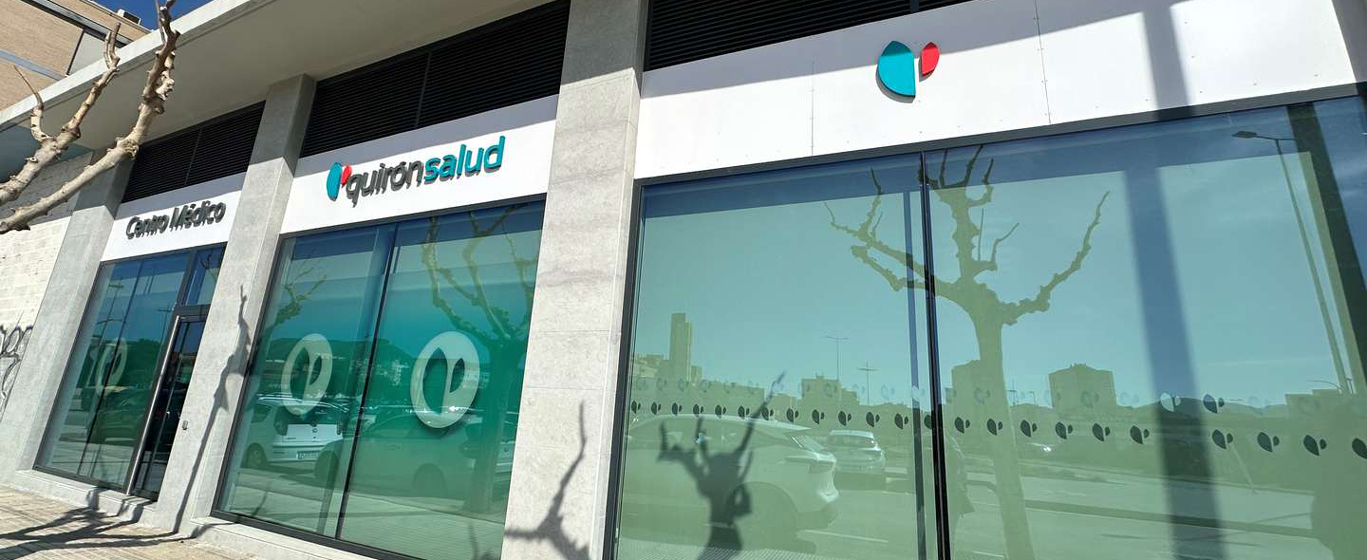Psychological Damage
Can a traffic accident cause psychological damage? Find all the information about these possible mental disorders.
Symptoms and Causes
Psychological or mental damage refers to any permanent psychological disturbance, syndrome, or disorder resulting from a traumatic event that affects a person’s personal, social, and work life. This condition is common among traffic accident victims, especially when there have been fatalities or irreversible physical injuries that prevent them from leading a normal life.
The most frequently observed psychological disorders following a traffic accident include:
- Shock State: A highly intense emotional and physiological reaction occurring immediately after the accident. It is characterized by mental blockage, confusion, lack of response, and an inability to process what happened. Hysterical or aggressive reactions may also occur. It is usually temporary.
- Anxiety: A persistent state of worry, distress, and nervousness. Panic attacks may occur.
- Acute Stress Disorder: A dysfunctional and intense reaction that begins shortly after the accident. It increases anxiety, causes the person to relive the episode repeatedly, induces negativity and fear, and may lead to avoidance behaviors, dissociation from reality, or amnesia. Its duration is less than one month.
- Post-Traumatic Stress Disorder (PTSD): If acute stress disorder lasts for more than a month, it is classified as PTSD. It can persist for years.
- Phobias: Extreme and irrational fears. Following a traffic accident, it is common to develop travel phobia (hodophobia), driving phobia (amaxophobia), fear of accidents (dystychiphobia), fear of situations with no escape (agoraphobia), or fear of enclosed spaces (claustrophobia).
- Depression: A severe alteration of thoughts and emotions, characterized by states of sadness, hopelessness, and loss of interest and pleasure in previously enjoyable activities.
Symptoms
Signs indicating that a person may be suffering from psychological damage after an accident include:
- Sadness
- Guilt
- Irritability
- Sudden mood swings
- Nervousness
- Lack of enthusiasm and interest in things
- Decreased self-esteem
- Recurrent nightmares
- Flashbacks and intrusive memories
- Dissociative amnesia
- Insomnia or hypersomnia
- Panic attacks
- Negative thoughts
- Avoidance behaviors, such as refusing to get into a car or avoiding the accident location
- Hypervigilance: a constant state of alertness
- Emotional withdrawal and isolation
- Loss of appetite
- Physical symptoms such as chills, tremors, vomiting, tachycardia, sweating, headaches, or gastrointestinal discomfort
Causes
A traffic accident is an unexpected and dangerous experience that threatens a person’s life or physical integrity, triggering an extreme fear response that the individual cannot adequately manage. In some cases, the person who develops the disorder did not experience the accident firsthand but rather witnessed it happen to a friend or family member.
Risk Factors
After a traffic accident, psychological damage is more likely to occur in the following cases:
- Pre-existing psychological disorders, such as anxiety, obsessive-compulsive disorder, or depression
- Severe accidents
- Suffering severe physical consequences from the accident
- Being the driver
- Accidents involving fatalities
Complications
If left untreated, psychological disorders can seriously affect the patient’s quality of life, potentially becoming disabling. Withdrawal and lack of interest can damage family, social, and work relationships, leading to social isolation. Self-destructive behaviors, such as drug and alcohol abuse or eating disorders, are also common coping mechanisms.
Furthermore, conditions like depression and post-traumatic stress disorder frequently lead to suicidal thoughts and attempts.
Psychological damage can also cause serious health issues, as stress and anxiety disorders are risk factors for developing cardiovascular and cerebrovascular diseases, such as hypertension, strokes, or heart attacks.
Prevention
To prevent long-term psychological damage after experiencing a traffic accident, it is crucial to seek help and emotional support as soon as possible, whether from friends, family, mental health professionals, or specialized support groups.
What Doctor Treats Psychological Damage?
Psychological disorders are evaluated and treated in traffic units and mental health units by clinical psychologists and psychiatrists.
Diagnosis
The diagnosis of psychological damage due to an accident is based on two key elements:
- Clinical psychological evaluation: The circumstances of the accident and the patient’s symptoms are analyzed, along with their psychological history.
- Standardized questionnaires: The patient responds sincerely and subjectively to the questions posed, allowing for an assessment of their mental state.
Treatment
Psychological disorders resulting from a traffic accident can be treated in several ways:
- Cognitive-behavioral therapy (CBT): The goal is to identify and modify negative or catastrophic thought patterns while learning tools to regulate emotions and adapt to situations.
- Exposure therapy: This involves gradually and safely exposing the patient to their fears so they can learn to face them. It is particularly useful for phobias and post-traumatic stress disorder.
- Pharmacological treatment:
- Antidepressants: Increase serotonin levels and improve mood.
- Anxiolytics: Inhibit central nervous system activity and reduce anxiety symptoms.












































